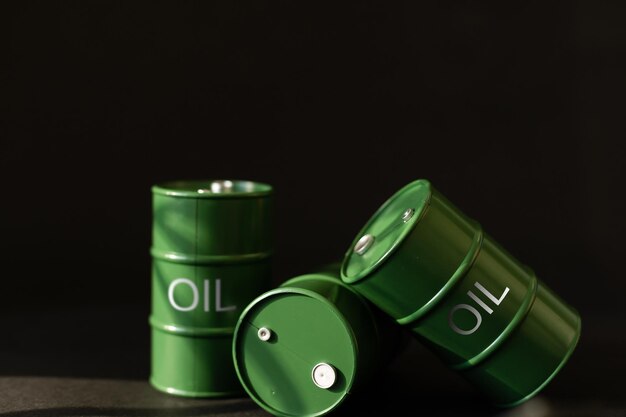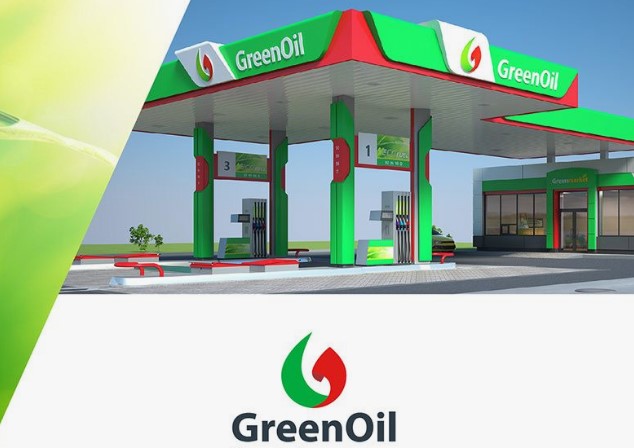Can petroleum engineering be sustainable?
Sustainable petroleum engineering: The majority of us associate “petroleum engineering” with large oil refineries, drilling rigs, and a fossil fuel sector in conflict with sustainability. However, what if petroleum engineers could assist in bridging the gap between environmental responsibility and energy needs?
Sustainability is a need, not simply a trendy term. Additionally, petroleum engineering colleges are realizing that how successfully they incorporate sustainability into their curricula will determine how oil and gas develop in the future. But what precisely are they doing? And can we honestly have a straight face when discussing green oil?
Why Sustainability in Petroleum Engineering Matters
The modern world is powered by gas and oil, yet these resources also play a major role in climate change and carbon emissions. The industry is being criticized because of pressure from around the world to switch to cleaner energy sources. Petroleum corporations are investing in sustainable solutions, such as carbon capture, greener extraction techniques, and even bio-based alternatives, rather than completely closing down.
The petroleum business will find it difficult to adjust if upcoming petroleum engineers are not taught these sustainable techniques. Universities can help with that.
How Petroleum Engineering Schools Are Changing
- Integrating Green Technologies into the Curriculum
Drilling, reservoir management, and extraction methods are the main topics of conventional petroleum engineering degrees. However, top colleges are now offering classes on:
Capturing and storing carbon (CCS)
Improved oil recovery with little effect on the environment
Integration of renewable energy (Yes, petroleum experts are researching wind and solar power!)
Methods of the circular economy, such as recycling oil waste
Universities like Stanford, Texas A&M, and the University of Alberta are setting the standard by guaranteeing that graduates have knowledge of sustainability in addition to technological skills.

2. Hands-On Sustainability Projects
Theory education is excellent, but nothing compares to practical practice. Nowadays, a lot of colleges provide sustainability-focused projects and research possibilities, like:
Creating environmentally acceptable drilling fluids
Investigating novel techniques to lessen methane leakage from extraction locations
Creating AI-powered solutions to improve refineries’ energy efficiency
Before entering employment, these programs give students a practical method to support cleaner energy policies.
3. Industry Partnerships and Sustainable Internships
Businesses like BP, Shell, and ExxonMobil are making the shift to sustainability for commercial as well as environmental reasons. Universities are collaborating with these businesses to offer internships that allow students to work on environmental impact assessments, carbon-neutral projects, and sustainable energy efforts.
Instead of continuing antiquated practices, this practical experience guarantees that graduates join the workforce ready to make a difference.
4. Introducing Environmental Ethics and Policy Education
Universities are now focusing on the ethical and policy aspects of sustainability in addition to technical skills. It is more common to find courses on corporate social responsibility, environmental restrictions, and the ethics of energy production. These courses equip students to make responsible professional judgments by assisting them in comprehending the wider ramifications of their work.
5. Encouraging Cross-Disciplinary Learning
Petroleum engineers are not the only ones who can tackle the problem of sustainability. Many schools are incorporating interdisciplinary learning in recognition of this. In order to create comprehensive solutions that strike a balance between energy production and environmental responsibility, future petroleum engineers are now collaborating with environmental scientists, economists, and policymakers.
Is “Green Oil” Just a Dream?
Let’s be honest—oil will never be truly green. It’s a finite, carbon-based resource. However, that doesn’t mean we can’t make it cleaner, more efficient, and less destructive. Sustainable petroleum engineering is about finding ways to extract and use oil with minimal environmental harm while also investing in alternative energy solutions.
Some promising developments include:
- Biodegradable drilling fluids: reducing pollution in sensitive environments.
- Methane detection technology: Preventing one of the worst greenhouse gases from escaping.
- Hydrogen from oil refining: A potential bridge to cleaner fuel sources.
- Microbial oil recovery: using bacteria to extract oil more efficiently and reduce waste.
The key isn’t eliminating petroleum overnight—it’s making the transition smarter and more responsible. Also Read
The Future of Petroleum Engineering
So, what are our next steps? Petroleum engineers will have to do the following as sustainability becomes the norm in the industry:
Consider alternatives to conventional extraction techniques.
Collaborate with the renewable energy industries
Develop new ways to lessen the carbon impact of gas and oil.
The petroleum industry’s future will be determined by the upcoming decades. The degree to which today’s engineering students embrace innovation, sustainability, and ethical responsibility will determine whether it prospers or fails.
Could Green Oil Be the Key to a Balanced Energy Transition?
Oil and gas are not going away anytime soon, even as the world is shifting toward sustainable energy. We’re likely to witness a gradual transition rather than a sudden end, one that calls for increasing the use of alternative energy sources while making fossil fuels cleaner. The key to preserving energy security and lessening our influence on the environment may lie in sustainable petroleum engineering.
Final Thoughts: Can Petroleum Engineers Be the Good Guys?
Petroleum engineers haven’t exactly been the environmental movement’s heroes, let’s face it. However, that is evolving. Future engineers will be essential to making energy production more responsible and clean as educational programs change and the industry adjusts to new difficulties.
The true question is not if petroleum engineering can be sustainable, but rather if we are prepared to advocate for and support these improvements. If we are, the energy transition will become a reality rather than merely a pipe dream.
What Do You Think?
Can petroleum engineers truly drive sustainability? Or is it too little, too late? Drop your thoughts in the comments and let’s discuss!



